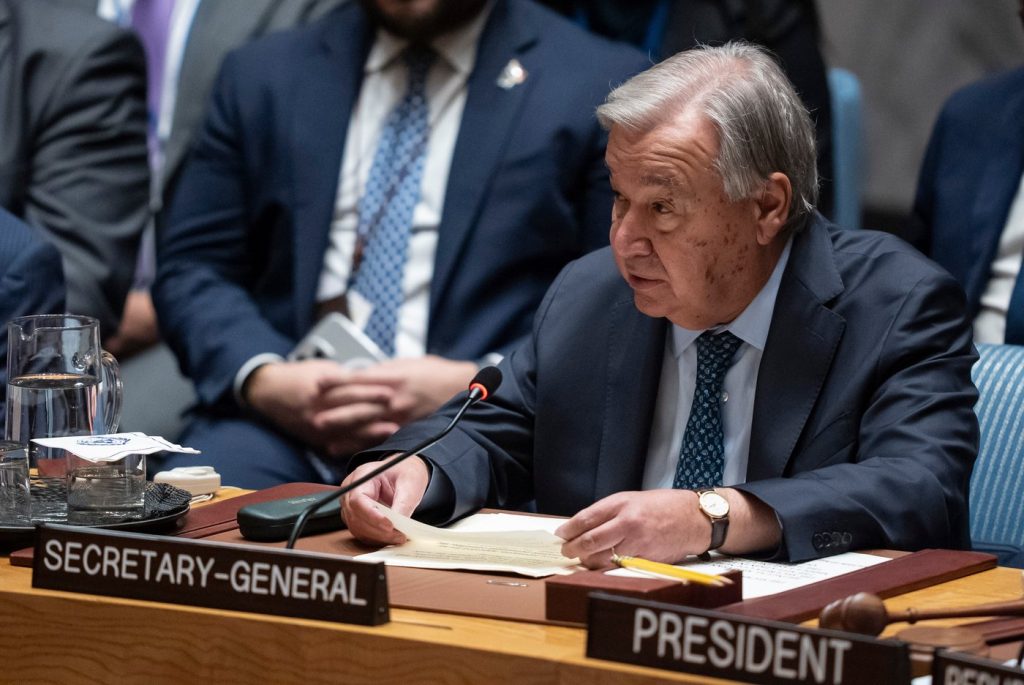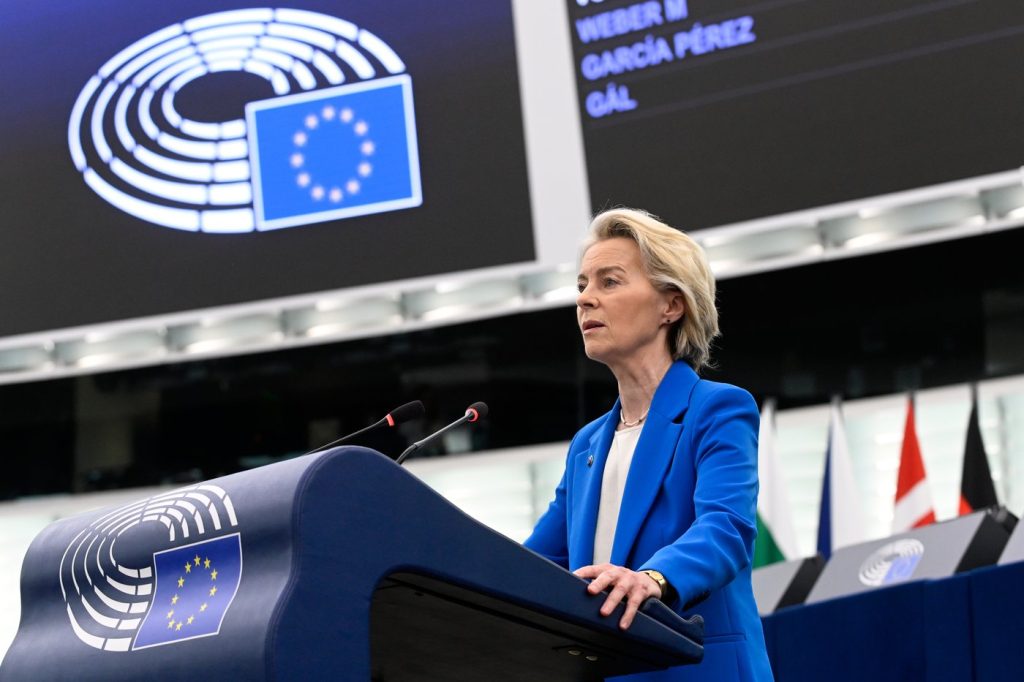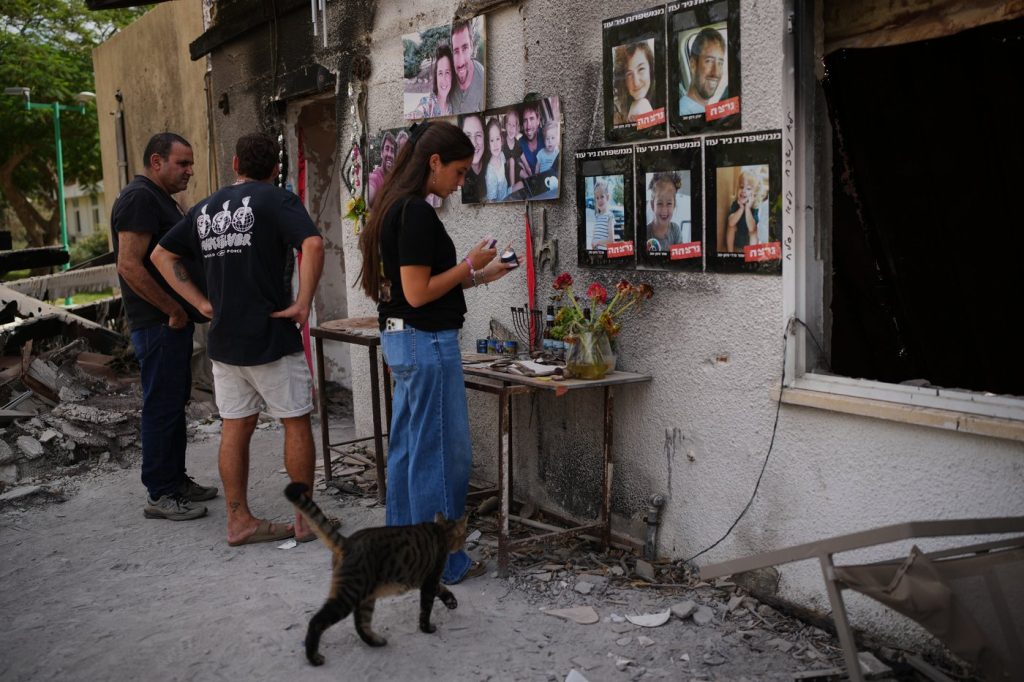UNITED NATIONS (AP) — Two and a half decades after a significant U.N. resolution called for equal participation of women in promoting peace, United Nations Secretary-General Antonio Guterres indicated on Tuesday that women are still frequently absent from these efforts. The increasing prevalence of sexual violence against women and girls, alongside the staggering statistic that 676 million women live within 50 kilometers (30 miles) of active conflict zones, highlights the urgent need for action. This figure marks the highest level since the 1990s, according to the head of the U.N. women’s agency.
During a U.N. Security Council meeting commemorating the anniversary of the resolution's adoption on October 31, 2000, Guterres expressed concern over global trends. He pointed to rising military expenditures, escalating armed conflicts, and alarming acts of brutality against women and girls. While he acknowledged some progress—such as the doubling of women serving as U.N. peacekeepers, the involvement of women in local mediation efforts, and advancements in justice for survivors of gender-based violence—he warned that these gains are precarious and are trending in the wrong direction.
“Too often, nations convene in rooms like the Security Council, filled with conviction and commitment,” Guterres stated. “Yet they fall short of the resolution’s mandate for women’s equal participation in peace negotiations and the protection of women and girls from sexual violence in conflicts.” Despite the pervasive harms of war, UN Women Executive Director Sima Bahous highlighted positive developments as well. She cited instances where women have successfully reduced community violence in the contested Abyei region between Sudan and South Sudan and in the Central African Republic.
Furthermore, Bahous noted tangible achievements in women's political representation, including near parity in Haiti's new provisional electoral council and a doubling of women in Chad’s National Assembly. She also mentioned that Syria’s interim constitution assures rights and protections for women, while Ukrainian women have managed to institutionalize national relief efforts focused on women.
However, Bahous lamented that there is currently a “renewed pushback against gender equality and multilateralism,” exacerbated by what she described as short-sighted funding cuts. These cuts have detrimental effects, limiting educational opportunities for Afghan girls, reducing essential medical care for thousands of sexual violence survivors in regions like Sudan and Haiti, and restricting food access for malnourished women and children in Gaza, Mali, Somalia, and beyond.
Despite these challenges, Bahous emphasized that change is achievable. “Some might conclude that the rise and normalization of misogyny currently poisoning our politics and fueling conflicts is unstoppable,” she stated. “It is not. Those who oppose equality do not own the future; we do.” Guterres called upon the U.N.'s 193 member states to reinforce their commitment to women caught in conflict through increased funding, ensuring their participation in peace negotiations, holding perpetrators accountable for sexual violence, and advancing their protection and economic security.
In summary, as the U.N. continues to evaluate the progress made since the adoption of its landmark resolution, the need for sustained efforts to ensure women's involvement in peace processes is more pressing than ever. The statement from both Guterres and Bahous serves as a reminder that while advancements have been made, substantial obstacles remain on the path towards achieving gender equality in conflict situations.












